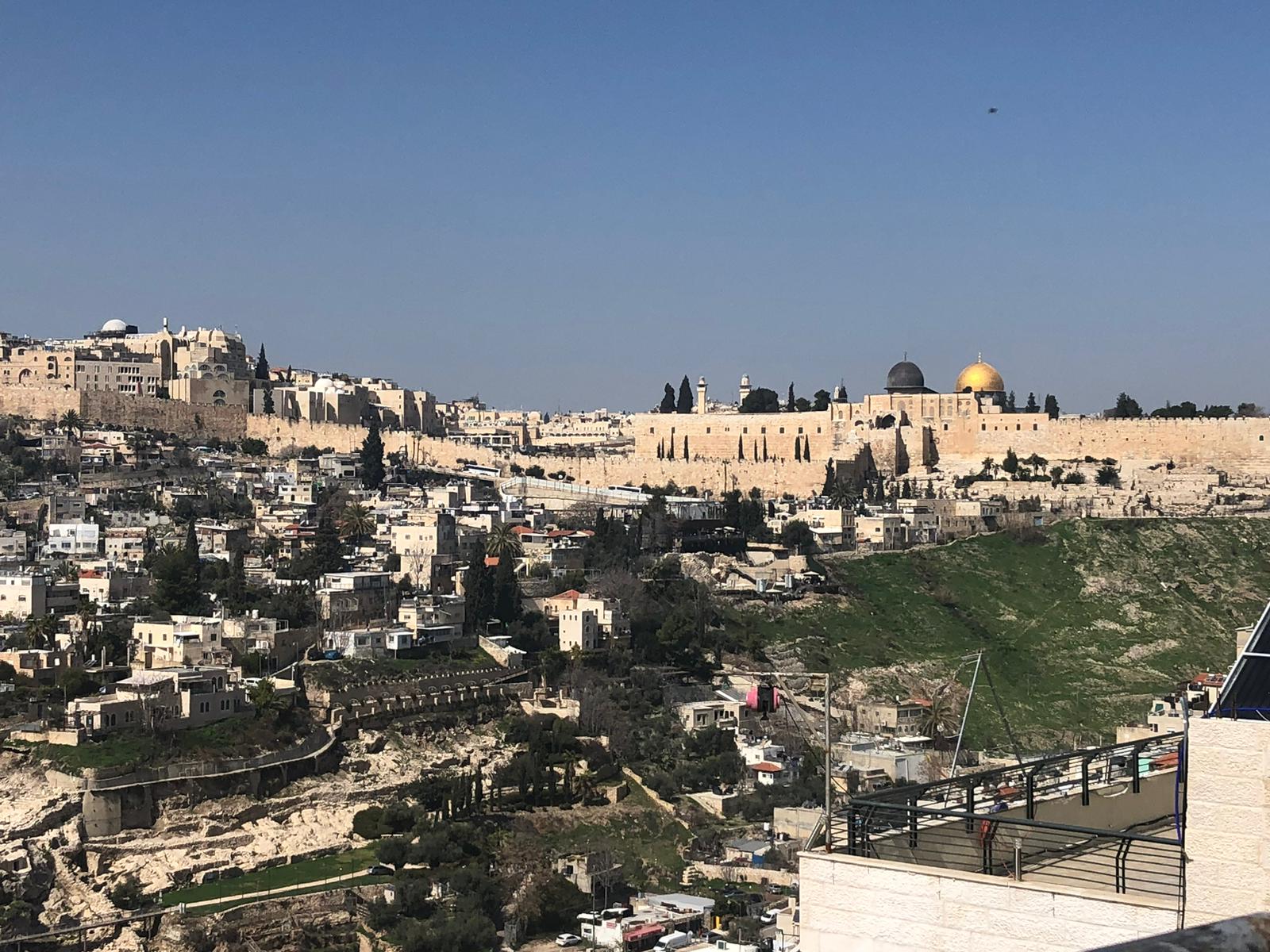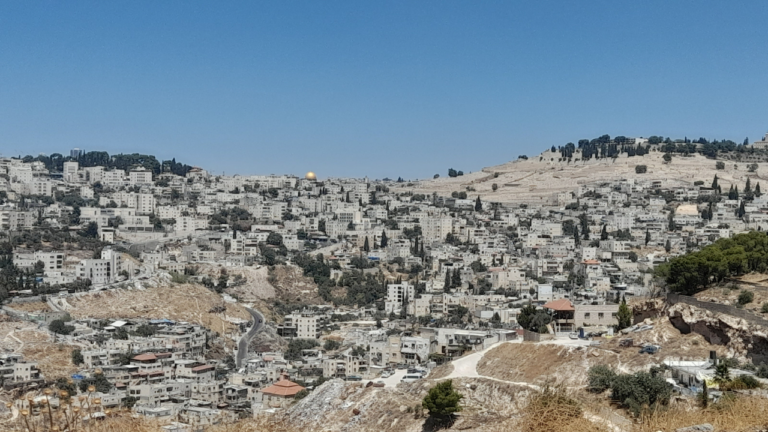The Kings of Jerusalem
This week’s parsha features the titanic struggle between the two kings of the Jewish people – Yosef and Yehuda. The midrash associates this confrontation with the following verses in Tehillim:
For behold, the kings have assembled; they have passed together. They saw, so they wondered; they were startled, yea, they were bewildered. A quaking seized them there, pangs like [those of] a woman in confinement.
Here is the midrash’s running commentary on these verses:
“For behold the kings have assembled” – this refers to Yehuda and Yosef
“they have passed together” – they were filled with anger towards each other…
“A quaking seized them there” – this refers to the other brothers who said ‘the kings are arguing with each other, what are we to do?’
This midrash describes the enormity of the confrontation and even hostility between Yosef and Yehuda.
Interestingly, though, this midrash seems to be far from the simple meaning of the verses that it quotes. The chapter of Tehillim focuses on the physical and spiritual beauty of Yerushalyim, describing it as “the joy of the earth” and God’s “palace.” The “kings” referred to in the chapter are the non-Jewish leaders and generals who wish to wage war on Yerushalayim but will eventually be vanquished and caused to tremble.
With this background regarding the general context of this chapter in Tehilim we must question the intent of the midrash. What is the connection between the story of Yosef and Yehuda with the city of Yerushalayim?
The Sefat Emmet seemingly offers a penetrating insight. He explains that the relationship between Yosef and Yehuda included a healthy tension. Each represented a different path in the service of God with its own unique flavor and method. This is proper and to be celebrated. In the words of the midrash, both Yosef and Yehuda are kings to be admired and emulated.
However, this reality in which different figures and tribes express their uniqueness also entails some dangers. Differences in dress and approach can lead towards divisiveness, disunity and unhealthy competition. How does the Torah propose that we embrace diversity without it leading to divisiveness?
The answer is the simple meaning of the verses cited in the midrash. All the tribes must travel to Yerushalayim and worship God together there. In Yerushalayim they will see and mingle with other Jews and recognize that much more unites us than divides us. Additionally, in Yerushalayim there is an overpowering presence of the Divine. The humility that is generated by this exposure to God will create the space for unity amongst the different stripes of the Jewish people.
In summary, there is a great danger when “the kings meet.” It can cause friction and confrontation as the midrash delineates. The solution, which is encoded in the simple meaning of this chapter in Tehilim, is to experience God and the rest of the Jewish people in Yerushalayim.



